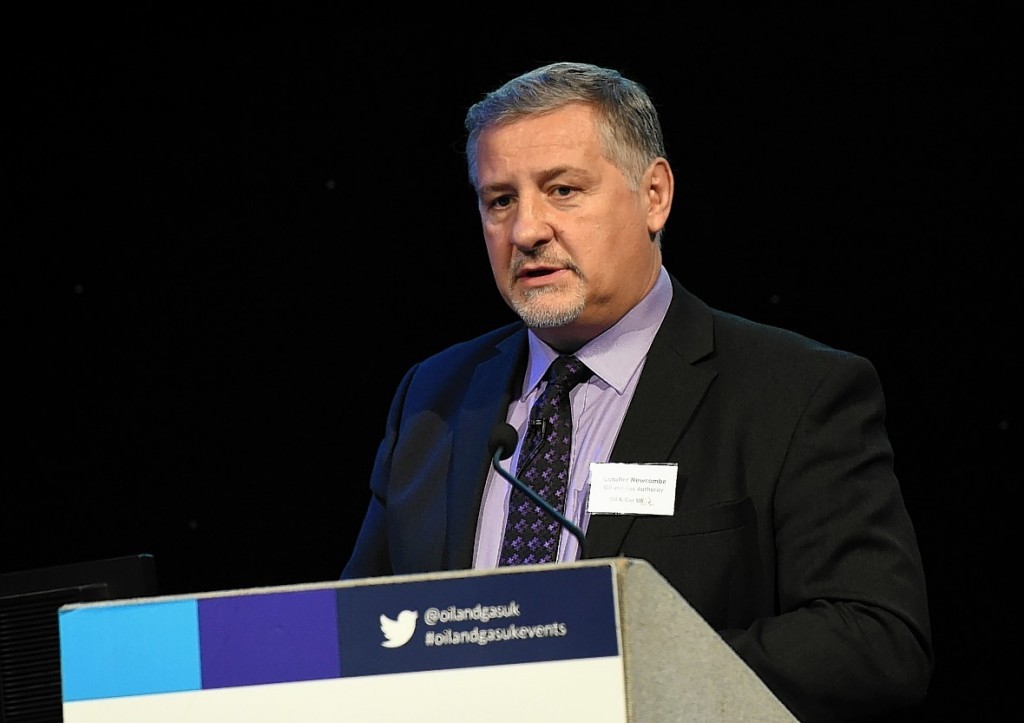
The North Sea can keep pumping out oil for another 20 years, but substantial investment will be needed to push the boat out longer, a new report said.
The Oil and Gas Authority (OGA) said in its report that not enough new reserves were being developed to replace oil which has already been produced.
About 600million barrels of oil equivalent were extracted from the UK continental shelf (UKCS) in 2016, but only 80million were added to the reserves basket.
In its report, UK Oil and Gas: Reserves and Resources, the OGA said 43.5billion barrels have already been produced and that 10-20billion barrels were still up for grabs at the end of last year.
In September, Prof Roy Thompson of Edinburgh University’s school of Geosciences said an analysis of production decline in offshore fields showed the industry is entering its final decade.
Prof Thompson’s prediction was challenged by industry body Oil and Gas UK and the UK Government, however.
The OGA’s estimates are divided into three main categories: probable and proven (2P) reserves, contingent and prospective.
The North Sea was thought to contain 5.7billion barrels on a 2P basis at year-end 2016, down from 6.3billion a year earlier but enough for another 20 years of production.
Reserves rated as 2P have a more than 50% chance of being technically and commercially producible.
Contingent resources − oil which can be brought on stream once a specific project becomes commercially viable − totalled 7.4billion, up from 5billion at the end of 2015.
The report said a lot of the contingent resources were in mature developed areas and under consideration for development, but that large-scale investment would be needed to get them over the line.
A total of 210million barrels were added to the contingent resources basket in 2016 thanks to exploration efforts.
The OGA’s estimate for prospective, undiscovered resources was 6billion barrels, flat year-on-year.
OGA operations director Gunther Newcombe said: “The UKCS is a world class petroleum province with 10 to 20 billion barrels of remaining discovered and undiscovered potential.
“The OGA has an important role in helping to steward this resource base, revitalise exploration and maximise economic recovery, working closely with industry and government.
“Future success of the basin requires attracting additional investment, implementing technology and company collaboration on new and existing developments.”
Petroleum economist Alex Kemp said reserve replacement had been an “issue for several years” and was a worry.
Prof Kemp added: “The OGA is a bit more cautious about proven and probable reserves, but higher on contingent resources, which have more uncertainty attached to them.”
“Contingent resources are quite significant but a lot of that is in small pools where the economics are quite difficult.
“So 10-20billion is quite good but when you look at the composition of that – a lot is contingent and a lot is in small pools.
“There is a lot of potential but to commercialise that potential will require a big effort to make progress on technology and hoping the oil price keeps up.”
Brent crude rose above $60 per barrel for the first time in two years last week.
Recommended for you

